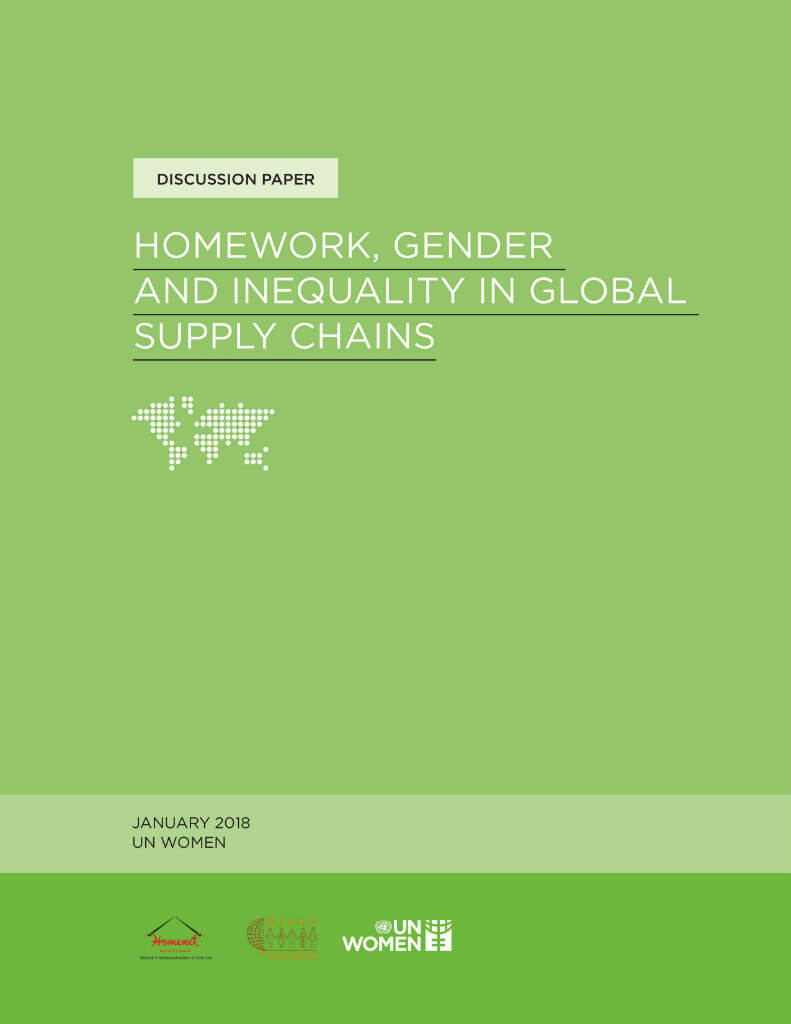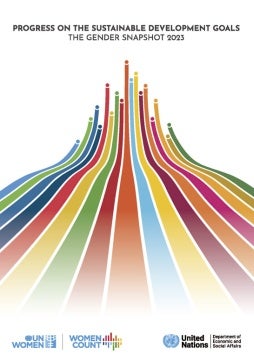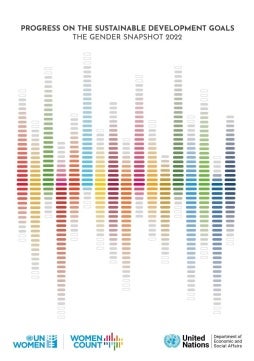Homework, gender and inequality in global supply chains
This discussion paper reviews literature on homeworkers in global supply chains from 2000 to 2017. Although scholars started paying increased attention to homework as early as the 1980s, it was not until the 2000s that informal work generally, and homework specifically, began to be examined in the context of global supply chains. Still, work on homeworkers’ conditions within global supply chains remains a very small and limited subset of a large and comprehensive body of literature on formal (particularly factory) workers’ conditions in global supply chains. Similarly, within the larger body of literature on the informal economy, homework occupies a relatively small space.
This review was guided by the following questions:
- What are the vulnerabilities of homeworkers in global supply chains?
- What mechanisms exist to provide legal and social protections for homeworkers and to secure their livelihoods?
- How have homeworkers made gains through organizing and agency, and what challenges do they continue to face in this area?
This discussion paper is the result of collaboration between UN Women, Women in Informal Employment: Globalizing and Organizing (WIEGO), and the Self-Employed Women’s Association (SEWA), under the overall supervision of Anuradha Seth, Policy Advisor, UN Women.









